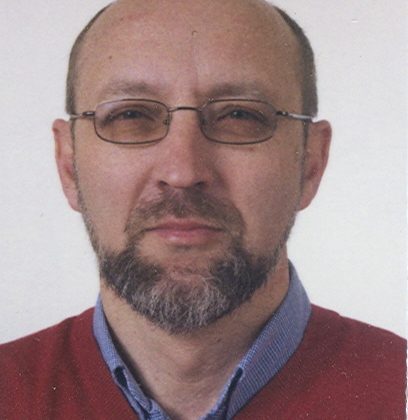Kristiaan Versluys, born in Eeklo, Belgium, in 1951. Ph.D. from Harvard University, Cambridge. Professor of English at Ghent University.
Fellow (1 September 2004 – 30 June 2005)
URBANITY AND SEMIOSIS IN RECENT NEW YORK FICTION
During my NIAS year, I concentrated on the discursive responses to the events of September 11, 2001, as they are to be found in a corpus of nineteen novels and three collections of short stories. These narratives can be divided into four categories: witness accounts, great New York novels, 9/11 as global event and novels of recuperation.
I spent a good deal of time reading up on material contextualising the events of September 11 from a political, philosophical, historical and psychological point of view. An extensive and in-depth analysis of Art Spiegelman’s graphic novel In the Shadow of No Towers demonstrated how insights derived from trauma theory provide a handle on the fictional texts. The questions that were fore-grounded by the analysis concern the legitimacy of trauma narratives, the stylistic means employed to avoid sensationalism or kitsch, and the role of political commitment in the process of mourning or “working through”.
I presented my work on Spiegelman at a NIAS seminar and at conferences in Berlin and Nijmegen. It has also been submitted as a scholarly article to an American journal. Most importantly, it set out the contours for my approach to the other novels, which has resulted in two further scholarly articles. For a larger public, I reported on the discursive responses to 9/11 in the Dutch weekly De Groene Amsterdammer.
As asides, I wrote an article on the importance of the literary canon and one on the New York novel Domino by the Flemish writer Herman Portocarero. I also organised a one-day conference on city literature, entitled “De stad als trope” [“The city as trope”] at the Koninklijke Academie voor Nederlandse Taal en Letterkunde in Ghent (Belgium).
My stay at NIAS has been both profitable and enjoyable thanks to the highly dedicated staff. Intellectually, it has been an invigorating experience, especially through the informal contacts with co-Fellows from a great variety of disciplines.
